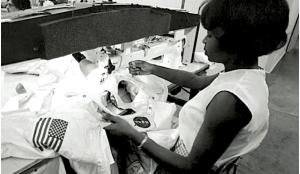If there is one stand-out feature that encapsulates humankind’s adventures in space over the past 60 years, it is the exponential growth and development of space-related technology, which has given rise to possibilities that would have been beyond contemplation even a few years earlier. This trend looks set to gather pace over the coming years and decades. Here, Steven Freeland argues that there is an urgent need for a more comprehensive and ‘holistic’ system of global space governance if international space law is not to become irrelevant.
One of the characteristics associated with the rapid development of space technology is that comprehensive standards of regulation cannot easily be specified in advance. Simply put, if we do not fully understand the technology - and the risks and consequences associated with its use - then further uncertainties and potential risks often result from attempting to regulate for the ‘unknown’.
It is clear that the prospects for the future use of outer space offer both tremendous opportunities and challenges, whilst international law will struggle to remain relevant and adequately address all aspects of this seemingly irreversible dynamic.
Adding further complexity to the regulatory framework necessary to address expanding space technologies, the fundamental rules that do exist arose at a time when the development of space-related technology was principally directed towards military objectives.
The relationship between space activities and military conduct had always existed in practical terms, irrespective of the rules that had been developed. It became self-evident to military commanders that space technology could be utilised to create an ‘integrated battle platform’ to aid in the implementation of military strategy.
Read more of Freeland's analysis of international space law in the full version of the article, available now to our subscribers.














